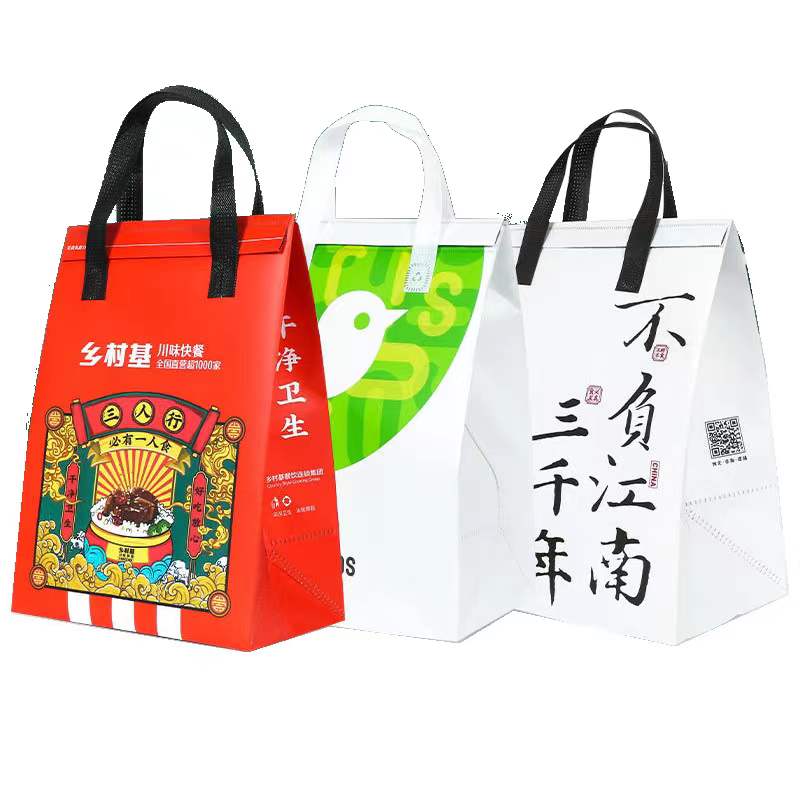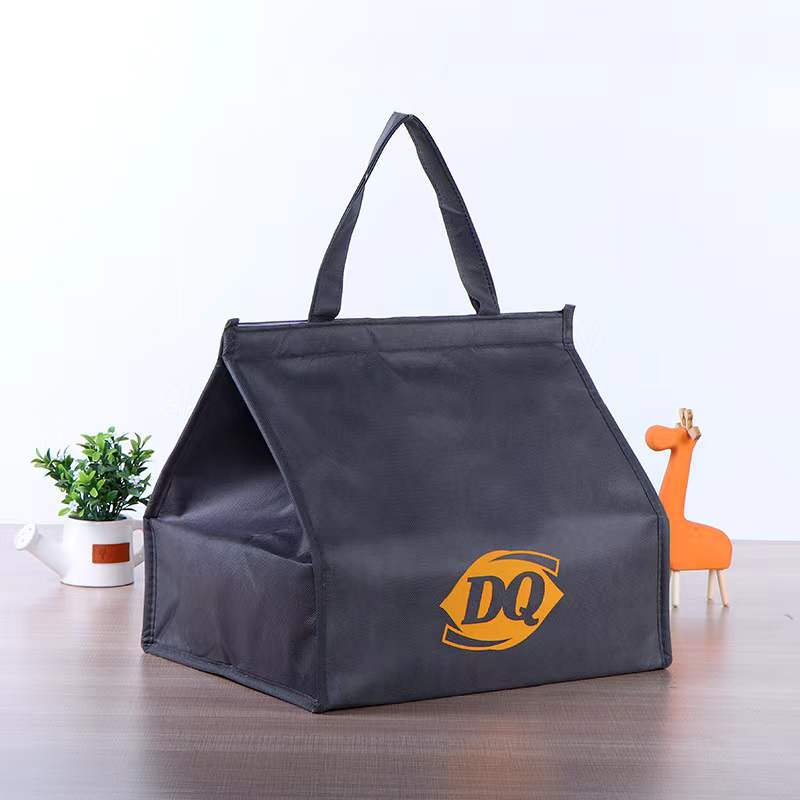Choosing the right non-woven bag material can save procurement teams time and money. Non-woven bags (made from polypropylene or recycled PET) are widely used in retail, grocery, and e-commerce for shopping, storage, and promotions. In this guide for retail buyers and supply chain managers, we compare common materials (laminated PP, RPET, biodegradable PLA) and show how to judge manufacturer capability. You’ll learn which material is strongest, how PP laminated vs. RPET bags differ, and what to look for in supplier capacity and QC. Keywords like pp laminated bags manufacturers, laminated PP non-woven storage bag, and wholesale gift basket items are highlighted to align with buyer searches.
Understanding Non-Woven Bag Materials
Polypropylene (PP) Non-Woven — Made from bonded PP fibers, these bags are lightweight and cost- effective. A laminated PP non-woven storage bag has a thin plastic film laminated onto the fabric. This lamination adds water resistance and much greater tear strength. Laminated PP bags resist moisture and heavy loads better than plain PP. Unlaminated PP bags are cheaper but tear more easily and aren’t water-proof.
RPET (Recycled PET) Non-Woven —RPET bags use fibers recycled from plastic bottles. They have a cloth-like texture and are very durable, with higher tensile strength and resilience . RPET bags carry heavier loads than PP bags and feel premium. Because RPET uses recycled plastic, it scores higher on eco-friendliness. However, RPET bags are more expensive to produce than PP bags due to recycling processes.
Biodegradable (PLA) Non-Woven — Some bags use bio-based fibers like PLA (polylactic acid). PLA non- woven bags are durable and can be reused, but their raw strength is moderate – generally less than PP and RPET. The big advantage is compostability: PLA bags break down into water and CO₂under industrial composting without pollution. They are ideal for single-use promo giveaways or events where environmental branding matters. Note that biodegradable bags often cost more than PP or RPET options
- Durability Ranking: In practice, RPET bags are typically strongest, followed by laminated PP bags, then plain PP, and finally biodegradable. For
Related News



